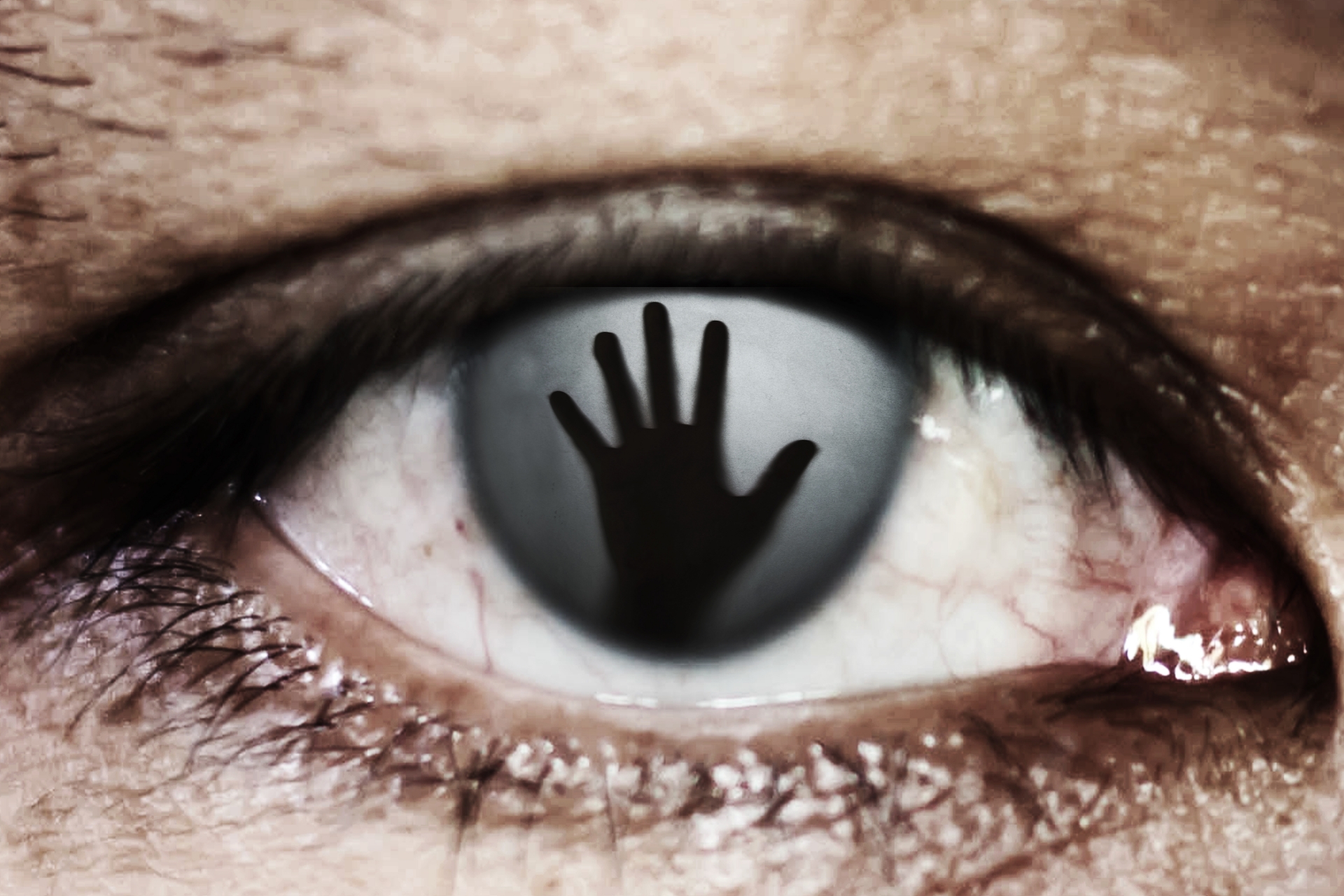The sex trade is fundamentally predatory.
Systems of sexual exploitation (e.g. strip clubs, illicit massage parlors, legal brothels, online prostitution websites, etc.) operate using a business model that feeds off of people’s vulnerabilities and traumatic events such as childhood sexual abuse, child sex trafficking, child neglect, sexual abuse within the foster care system, homelessness, and economic insecurity. These adverse experiences are often compounded by additional marginalization and vulnerabilities created by young age, racial and gender discrimination, learning disabilities, and/or immigrant or indigenous minority status. Pimps (the functional equivalents of sex traffickers) and sex buyers exploit these vulnerabilities for their personal gain—pimps for profit, sex buyers for personal sexual gratification.
People caught up in systems of sexual exploitation experience myriad forms of physical violence and psychological harm that cause acute trauma whether they were sexually trafficked into the sex trade or not. Neither regulation or full decriminalization of the sex trade, eradicates this trauma. All systems of sexual exploitation depend upon past physical and psychological trauma, and ensure their future manufacture.
Sexual Exploitation in the Context of COVID-19/SARS-CoV-2
As with natural disasters and humanitarian emergencies, the novel coronavirus pandemic of 2020 creates new “opportunities” for sexual exploiters as well as increased peril for the vulnerable and those already experiencing sexual exploitation.
Seizing on the economic insecurity and job losses experienced by many in times of crisis, sex traffickers will step up their recruitment tactics—luring vulnerable women, children, as well as men and transgender persons, with promises of financial security through prostitution.
(read more at https://endsexualexploitation.org/articles/advocating-for-victims-of-sexual-exploitation-in-the-time-of-covid-19/?)


Leave A Comment